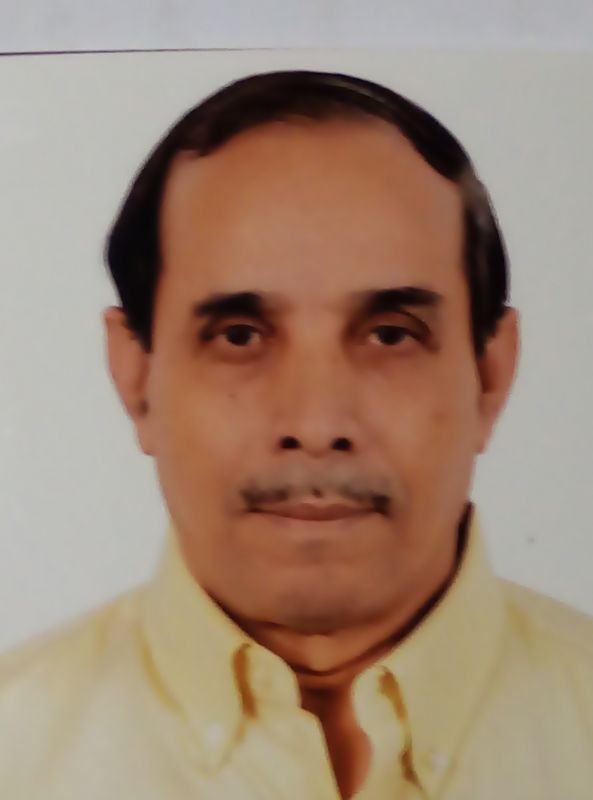- Fakhrul condemns attacks on media, calls for unity, justice |
- 2 cops among 4 hurt in clash outside Indian Assit H.C. in Ctg |
- Inqilab Moncho urges people to avoid violence |
- Hadi’s death: Prothom Alo, Daily Star offices set afire |
- সন্ধ্যায় পৌঁছাবে হাদির মরদেহ, জানাজা শনিবার |
Election Timeline and the Reform Battleground

Mostafa Kamal Majumder.
Mostafa Kamal Majumder
The Chief Adviser Prof Muhammad Yunus' Eid address announcing an April election timeline has reignited deep divisions in Bangladesh’s political sphere, with BNP and its allies pushing for elections in December, while Jamaat and other factions advocate for completion of reform and the creation of a level playing field for all parties. Beneath this debate lies a deeper ideological struggle over governance reforms—a battleground that reflects not only contemporary political polarization but also echoes past constitutional conflicts, particularly those leading up to the adoption of the 12th Amendment in 1991.
While all parties acknowledge the importance of reforms, deep ideological rifts shape the discourse. Hardliners demand immediate implementation before elections, fearing that victors might compromise with adversaries who upheld 16 years of authoritarian rule, sustained by foreign powers indifferent to Bangladesh’s democratic aspirations. Moderates, while equally committed to reform, prioritize restoring democracy first—arguing that political maneuvering under the guise of reforms is sidelining them through the promotion of new parties and alliances.
Adding complexity, smaller and newer parties question the legitimacy of BNP and its allies’ 31-point reform program aired from 2022, arguing that fresh proposals remain absent. BNP counters that reforms are not mere fantasies and dismissing a well-articulated program solely because of electoral dynamics undermines serious governance efforts.
These ideological divides are not unprecedented. Prior to the adoption of the 12th Amendment to the Constitution in 1991, BNP and AL each submitted separate bills in Parliament. Yet, despite political polarization, parliamentary negotiations eventually led to unanimous adoption—a rare feat in Bangladesh’s constitutional history since the Partition of India. This moment serves as a powerful reminder that even deep-seated ideological conflicts can be resolved through structured parliamentary processes when national interest takes precedence over partisan disputes.
A key lesson from history is that meaningful reforms require an elected Parliament. Without one, competing political narratives remain unresolved, with each side believing their agenda is the only correct path forward. A parliamentary mandate establishes a legitimate standard format to decide between conflicting proposals, ensuring governance remains rooted in democratic principles rather than perpetual debate.
If reforms are to be more than just political leverage, stakeholders must engage in constructive dialogue, balancing necessary governance improvements with fair representation. The upcoming election is not just about setting a date—it is about ensuring that reforms are enacted within an institutional framework capable of delivering meaningful change.

